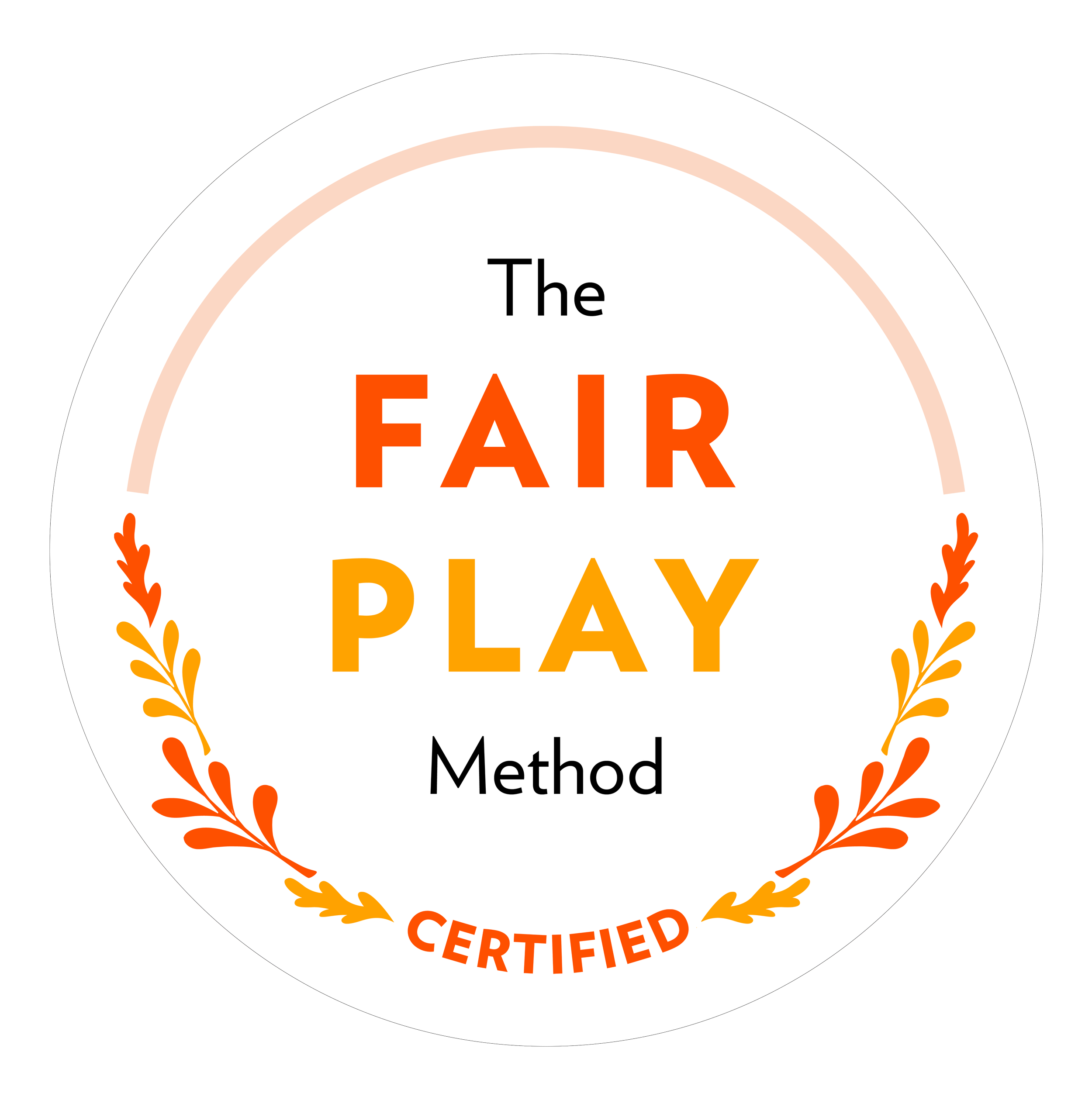
Mental Load
The invisible labor in your home & relationship
Does your relationship and home life feel like one giant to-do list?
Do you find yourselves fighting about chores or who’s responsible for what around the house? Do differing opinions about the importance of household tasks, or how to do chores “correctly” cause conflict? Is one of you carrying the weight of remembering everything - from making the grocery list, to scheduling the doctor’s appointments, to packing for the kids’ field trip - while also managing work, family, and daily life? Maybe you’ve tried talking about it or creating new systems, but somehow it always slips back into old patterns.
Mental load is a silent relationship killer
This invisible burden is often called the mental load - and when it’s unbalanced, it doesn’t just affect your to-do lists. It can leave one partner exhausted and resentful, the other confused and defensive, and both of you feeling disconnected. Many couples say, “We just want to stop fighting and feel like a team again.”
Mental load is all the behind-the-scenes management of your household and family life - everything from noticing what needs to be done, to planning it, to making sure it actually gets completed. Using the Fair Play Method, we can see that the problem isn’t just about who does the dishes; it’s about who’s holding the responsibility to notice, plan, and follow through.

What is Fair Play?
The Fair Play Method is a system designed to help couples rebalance household and family responsibilities in a way that feels equitable, sustainable, and respectful. It’s not about splitting everything 50/50, it’s about providing clarity, accountability, and fairness, so no one feels invisible or overwhelmed. It’s about reducing chaos, strengthening connection, and creating space for each partner’s individual pursuits.
With 4 easy-to-follow rules, 100 household cards, and a series of conversation starters for partners, Fair Play helps couples prioritize what’s important to your family and who should take the lead on every chore, from laundry to homework to dinner. Fair Play helps couples and families create a respectful, collaborative family culture.
A better system for managing mental load
Through Fair Play coaching at Sea Glass, you’ll learn to identify the “cards” (tasks) that make up your household life and decide together who “owns” each card. Ownership means one partner is responsible for the entire cycle of a task—from conception (noticing it needs to be done), to planning (figuring out when/how), to execution (actually getting it done). This shifts the weight of remembering and mental energy off of just one person, so both partners share the load in real, tangible ways.
Fair Play gives you a roadmap to rebalance responsibilities, restore fairness, and reduce the tension that comes with managing daily life. But it’s not just about chores - it’s about healing the emotional disconnection that happens when one partner feels invisible and the other feels like they can never do enough.
Rewrite toxic time messages
Often, couples fall into believing what Fair Play calls toxic time messages, like:
“I have less free time, so my time is more valuable.”
“I’m just better at multitasking, so it’s easier if I do it.”
“Their standards are too high.”
“My paid hours are worth more than your unpaid hours.”
“If I don’t remind them, it won’t get done.”
“What do stay at home moms do all day?”
“Why are you wasting your time doing that?”
Sound familiar? Often we’re socialized to believe things like this are true (spoiler alert, they’re not!) And they leave many couples feeling stuck in the same arguments over and over again. Fair Play asks couples to agree to the idea that all time is created equal.
Reclaim what’s most important
Disagreements about household labor are one of the most common underlying causes of relationship stress, dissatisfaction, disconnection, and low sexual desire. If your partnership feels lopsided or tense because of an unbalanced mental load, you’re not alone.
The good news is: this imbalance doesn’t have to be permanent, and doesn’t have to define your marriage and family life. With the right conversations and system, you can learn how to share the mental load fairly and rebuild connection, intimacy, and teamwork in your relationship.
With my training and experience as one of Central Ohio’s only Certified Fair Play Facilitators, I’ll guide you step-by-step through conversations and strategies that actually stick. Together, we’ll find standards and systems that feel good for both of you, and that you can keep using long after coaching ends. The result? Less resentment, more partnership, and space to rediscover the intimacy and joy that brought you together in the first place.
As we work together, many couples notice that once the household feels more balanced, the entire relationship and family dynamic begins to shift: less bickering, more teamwork, more time for fun and hobbies, and even more space for intimacy. When the mental load isn’t crushing one partner, there’s more room for connection, laughter, and desire. Everybody wins.
“We’ve tried to divide chores in the past and it never seems to work.”
That’s exactly why Fair Play works differently. It’s not a one-time list—it’s a structured system that helps you assign ownership, create accountability, and build a shared language around fairness. It’s built to last.
“What if my partner isn’t on board?”
It’s common for one partner to feel more ready for change than the other. Coaching is designed to meet both of you where you are. We’ll start by building understanding, not blame, so that both partners see how rebalancing the mental load benefits everyone: less stress, fewer fights, and more time for the things each of you care about and enjoy.
“We’re already so busy - how will we have time for this?”
That’s the beauty of Fair Play: it actually saves you time and energy in the long run. Instead of arguing or silently resenting, you’ll have clarity and systems in place that reduce stress - and a mutual agreement and understanding about why those systems matter. The initial setup of the Fair Play Method does involve a commitment to adjusting your time and learning new skills, but afterwards you’ll have an effective system in place that ultimately frees up your time to prioritize what matters most to each of you.



